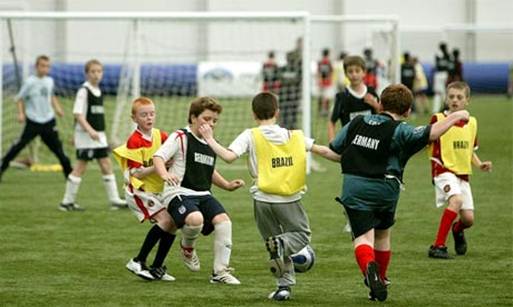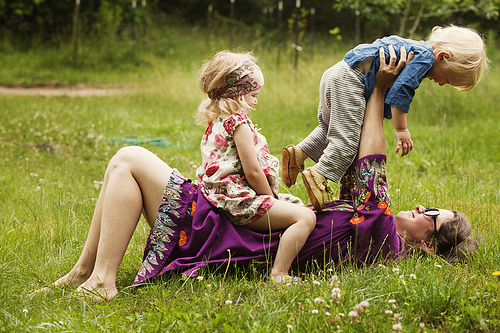Coping strategies
The ordeal
of being diagnosed with cancer and the intensity of the treatment are
overwhelming to the child and family. It is difficult to maintain a sense of
normality for the child, what with frequent hospitalization and treatments.
Help with the treatment always be available to listen
to what’s bothering him about chemo or surgery. Quite often the child is
misinformed and may not fully understand what’s going to happen. Give accurate
answers with lots of reassurance. Allow an older child to ask the doctor
questions in your presence.
Remember
your child is angry. Sometimes there are no right attitudes. Says Kanta, whose teenager has Hodgkin’s Lymphoma: “When I
sympathize and coddle, she explodes, ‘Stop being so sweet to me!’ If I make
light of, say, her lack of hair she mutters. “It’s not your hair that’s gone
missing.”
Before
treatment or hospitalization, the child’s heart races, the palms are sweating.
Deep breathing and relaxation, a football match, a romp in the park helps.
“I feel I’m
going to throw up,” says Adip, even before the chemo.
His mother distracts him by classical conditioning — playing word games as they
go to the hospital.

Deep breathing and relaxation, a football
match, a romp in the park helps.
Thought
stopping, i.e. erasing stressful thoughts, is another trick. Your child has to
tell his mind Okoy, stop. Turn it off. Think about
something else. As he tries again and again, he gets better at it.
When the
child asks questions about death, emphasize the positive with statistics about
survival. She may know intuitively that she is very sick, specially, when she
compares herself to other kids that she meets in pediatric care.
Keep ‘em busy Loss of school can create real problems — back
sliding on academic work, loss of contact with friends, which can have
devastating effects. Talking to the teachers can help ease the way. Role play
about how he can answer friends about his absenteeism.
Before Mark
went back to school with a bald pate, the teacher explained to the children what
had happened, so that they would be more compassionate to him.
Although
you have lower academic expectation, it’s important to maintain the challenge
and encouragement to help her achieve.
Encourage
playing with other kids, without being over protective.
Crafts can
stimulate the mind. There is the inspiring story of leukemia child victims who
made 1000 origami cranes of every kind of paper possible and lining them in
rows in the cancer ward. Prateek’s mother encouraged
him to paint and sold the paintings so that she could buy goodies for under
privileged patients.

Encourage playing with other kids, without
being over protective.
Prepare to
multitask Cancer affects the entire family. You need to continue to work, be
attentive to siblings, besides caring for the child with cancer, who can become
clinging.
You may
become closer as a couple as you work together, or your relationship maybe
stressed as you struggle to pay for treatments, while feelings of guilt,
resentment and anger surface.
Your other
children can feel neglected. Younger kids may feel guilty and responsible for
the illness. Older kids may misbehave and fare badly in school. Aroop resents not going on holidays. Gina battles for more
pocket money. Sahil shouts:” l wish
that I had cancer.”

You need to continue to work, be attentive to
siblings, besides caring for the child with cancer, who can become clinging.
A Minesotta study on coping and stress found that families
that manage to keep a tight schedule of treatment and maintain a satisfactory
home life usually do so because they have adopted an outlook such as “it’s made
us a stronger family” and “it’s taught our kids responsibility and how much we
mean to one another.”
The most
important buffer against stress is social support – turning to friends and
family, support groups and counselors for help.